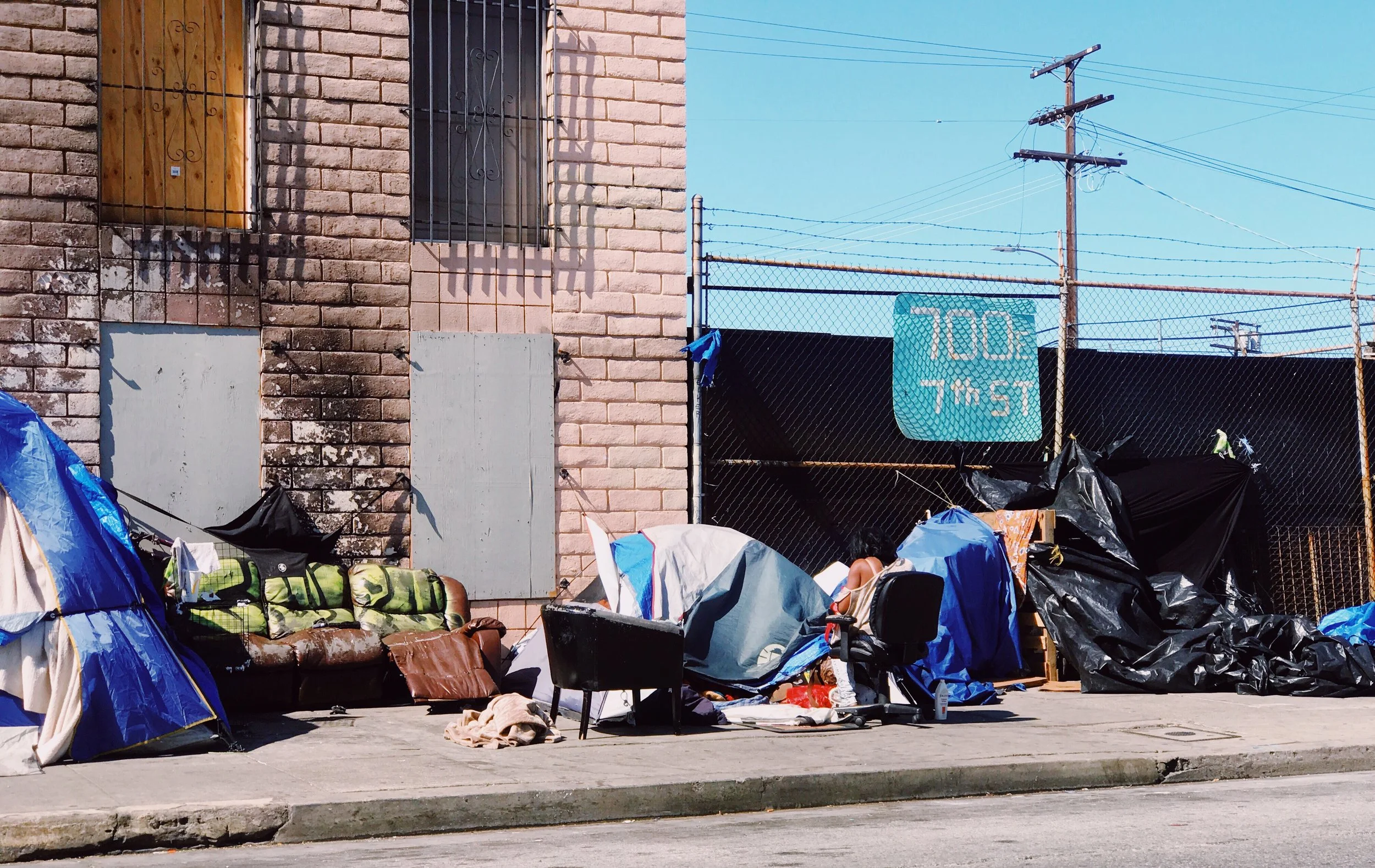
More Than A Place to Lay My Head
A couple weeks ago I spent some time in Portland. I had heard and read about the accelerating state of homelessness in Seattle, Portland & other West Coast cities
A couple weeks ago I spent some time in Portland. I had heard and read about the accelerating state of homelessness in Seattle, Portland & other West Coast cities, but this is the first time that I had seen it at this level with my own eyes.
I am embarrassed to say that in the moment I found myself going back and forth between staring at the roadside tent camps and just wanting to look away - pretending this wasn't happening to real people in this beautiful city.
You see, most of the time poverty & its effects are not so visible to many of us and poverty manifests itself in a variety of ways.
However, there are a few lessons that we can learn from Portland’s battle to combat homelessness, that serve as an illustration for all of us working to fight poverty in our own communities.
First, we must acknowledge that the issues are always more than what’s on the surface. Some of us may have been conditioned to think that such circumstances arise because of personal failures on the part of those affected. Yet we know that individuals working full-time in low-wage jobs in Portland are paying up to 80% or more on rent alone. In order to understand the forces contributing to poverty, we must be willing to see the big picture, while listening to those affected without judgment.
Second, sometimes good intentions backfire. County Commissioners serving the Portland area made a bold move to promise every homeless individual a shelter. However, their no-turn-away sheltering policy proved to be more than the city could handle and ended up drawing people in need of shelter from other counties and other states, exacerbating the issue.
We can’t always anticipate the unintended consequences of our actions, however, we know that all too often our helping actually hurts. That’s why it is so vital to include many voices in the solutions, from those with power and resources to those directly affected by the issues.
Finally, relationships are key. There are many critical services in our communities that meet people in their state of crisis and provide relief. Yet as we move beyond crisis management to address the root causes driving poverty, we realize how vital a network of supportive relationships are.
Many who find themselves on the streets experience great isolation, and do not have access to people with the resources and committed presence to ensure their wellbeing. We believe that it takes more than a program or charity to create transformation in the lives of individuals and communities impacted by poverty. That's why we place our focus on building relationships across economic lines.
Think Tank is over a decade old now. When we started Think Tank, we recognized that there were thousands of people and organizations on the front lines of poverty alleviation, but very few were coming alongside these helpers. We knew that we had to be champions for them, and to ask the hard questions about whether our helping was benefiting, or hurting people living in poverty.
Additionally, we believed in working to ensure that people with lived experience in poverty were center stage - influencing the direction & priorities that our communities embraced. We recognize that we have not been exempt from imposing help that has hurt or charging ahead with solutions without first stopping to listen to the voices and leadership provided by people who have experienced poverty.
This is why we value our relationships so much. Relationships developed across economic lines are the heartbeat and discipline that keeps us working together for the good of our communities.
This season, I encourage you to take some time to:
Recognize that poverty is more than what you may see on the surface. Be quick to listen rather than judge.
Offer a word of appreciation to those that labor day in and out to fight the root causes of poverty in your community.
Think about how you might take a step to build a relationship with someone experiencing material poverty.
Marlo Fox, Executive Director, Think Tank Inc.


